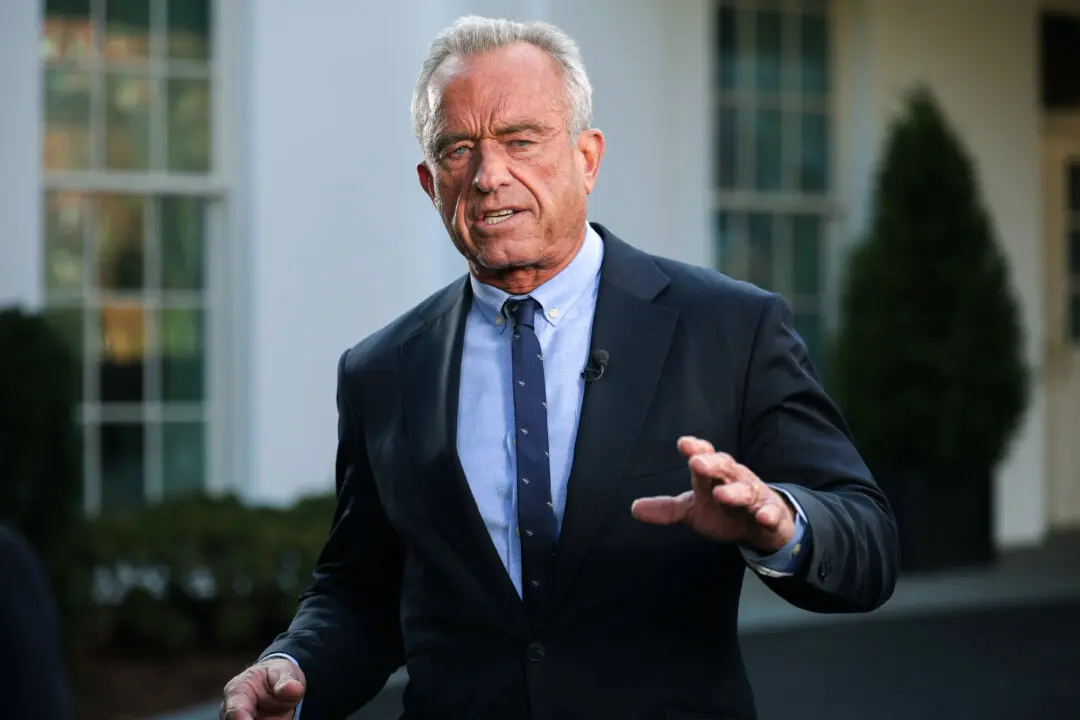The redacted search warrant affidavit made public on Aug. 26 shows why an independent party needs to be appointed, lawyers for former President Donald Trump said.
“The Redacted Affidavit underscores why this Motion should be granted, as it provides almost no information that would allow Movant to understand why the raid took place, or what was taken from his home,” lawyers said in a filing to U.S. District Judge Aileen Cannon, a Trump appointee who is deciding whether to grant Trump’s request for a special master.





